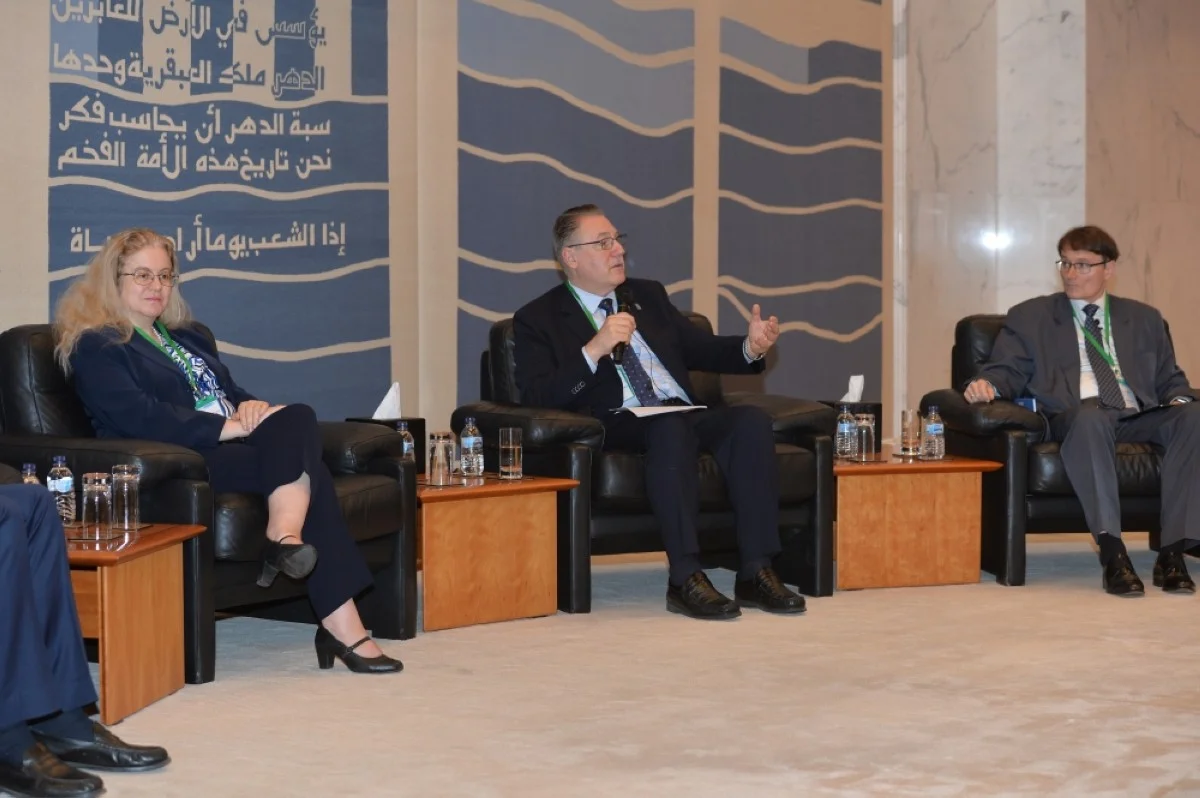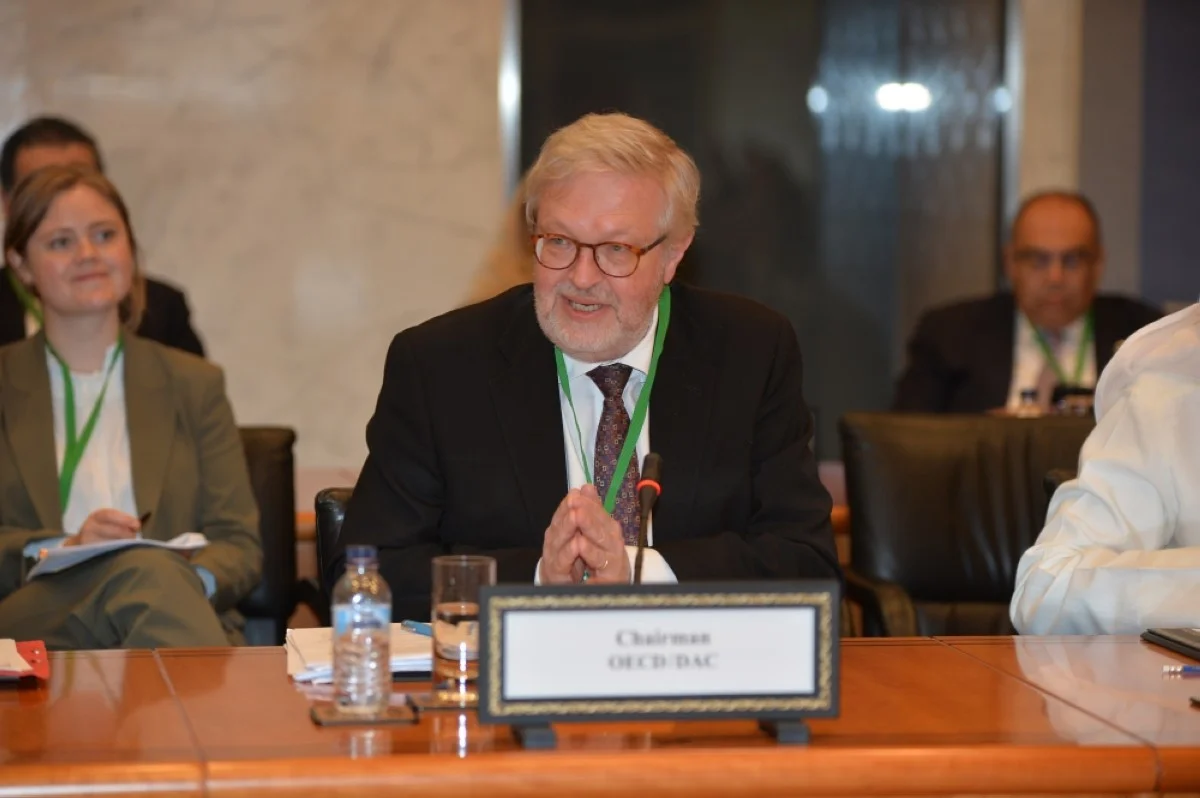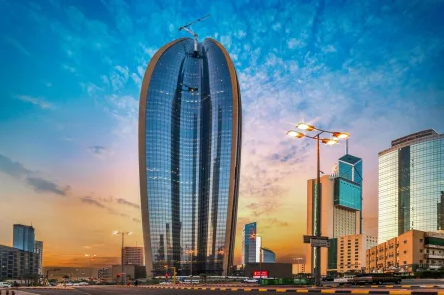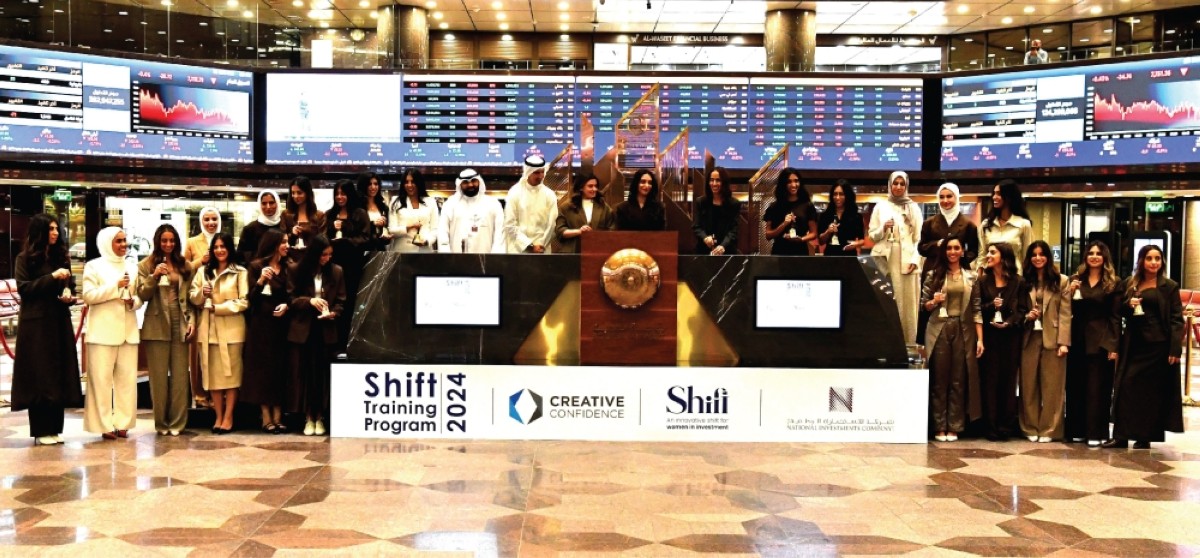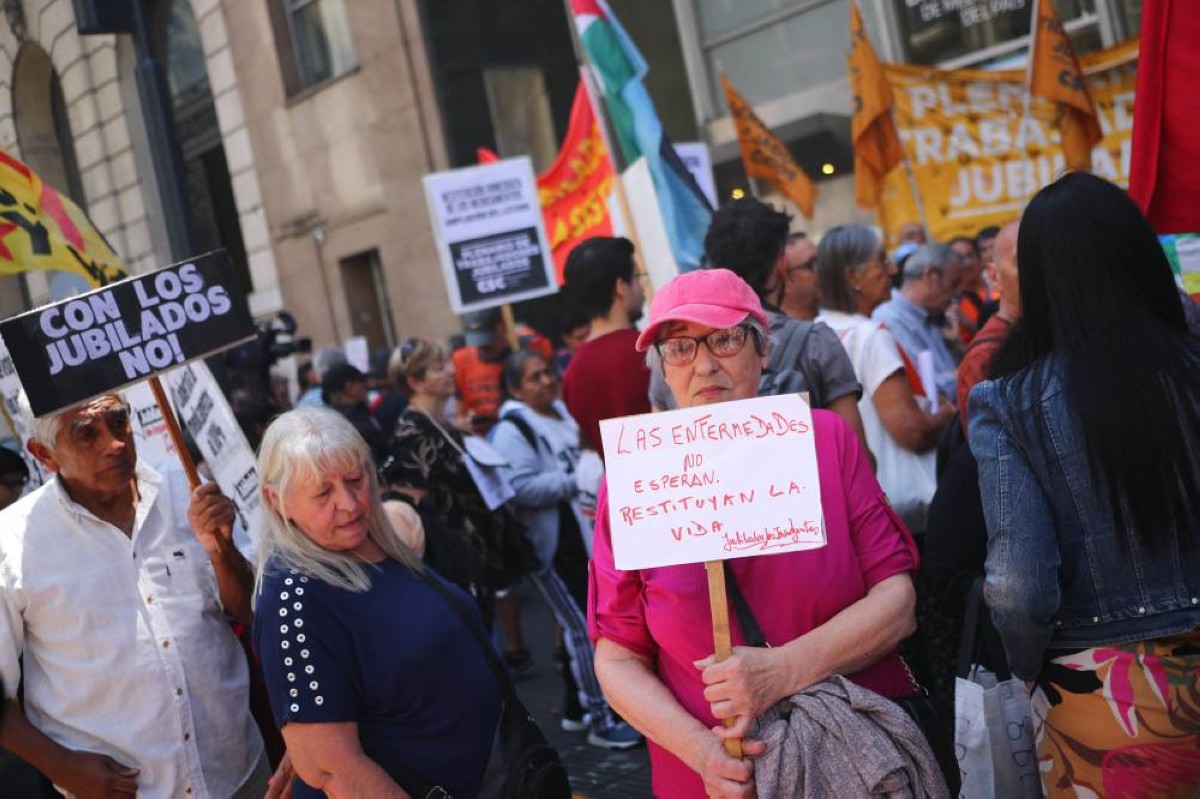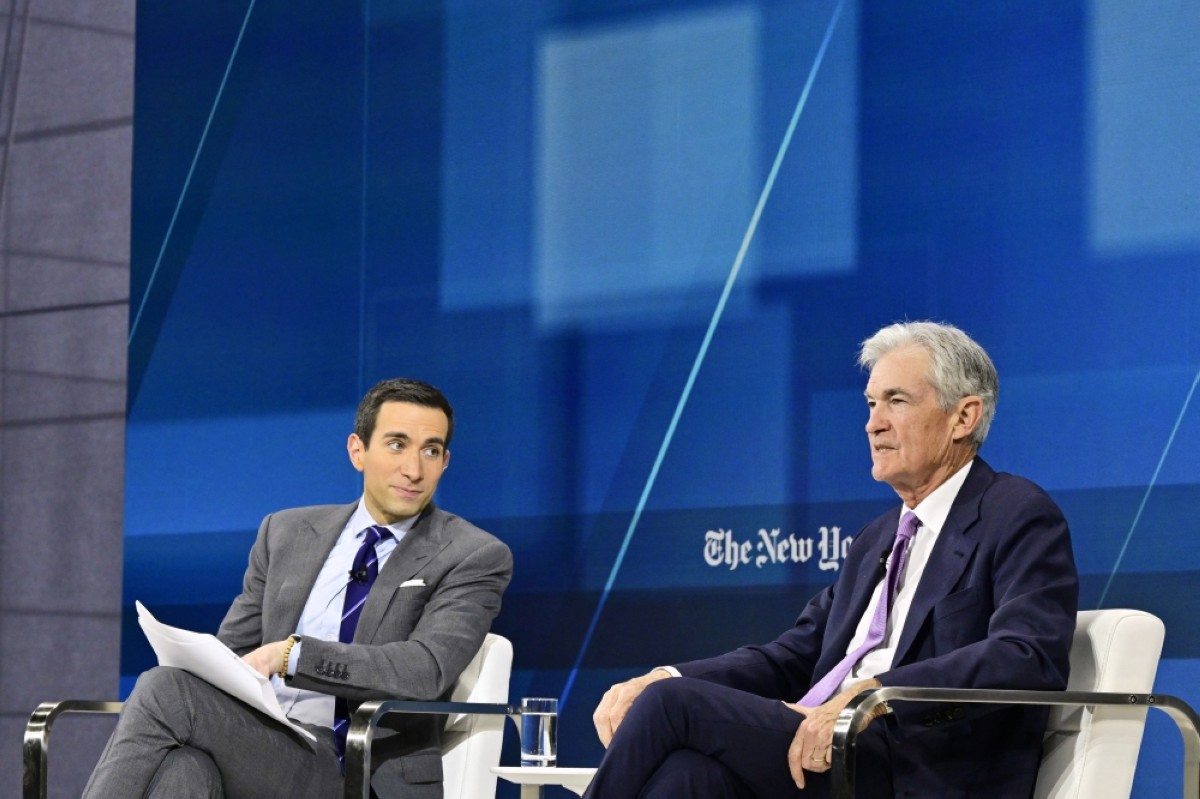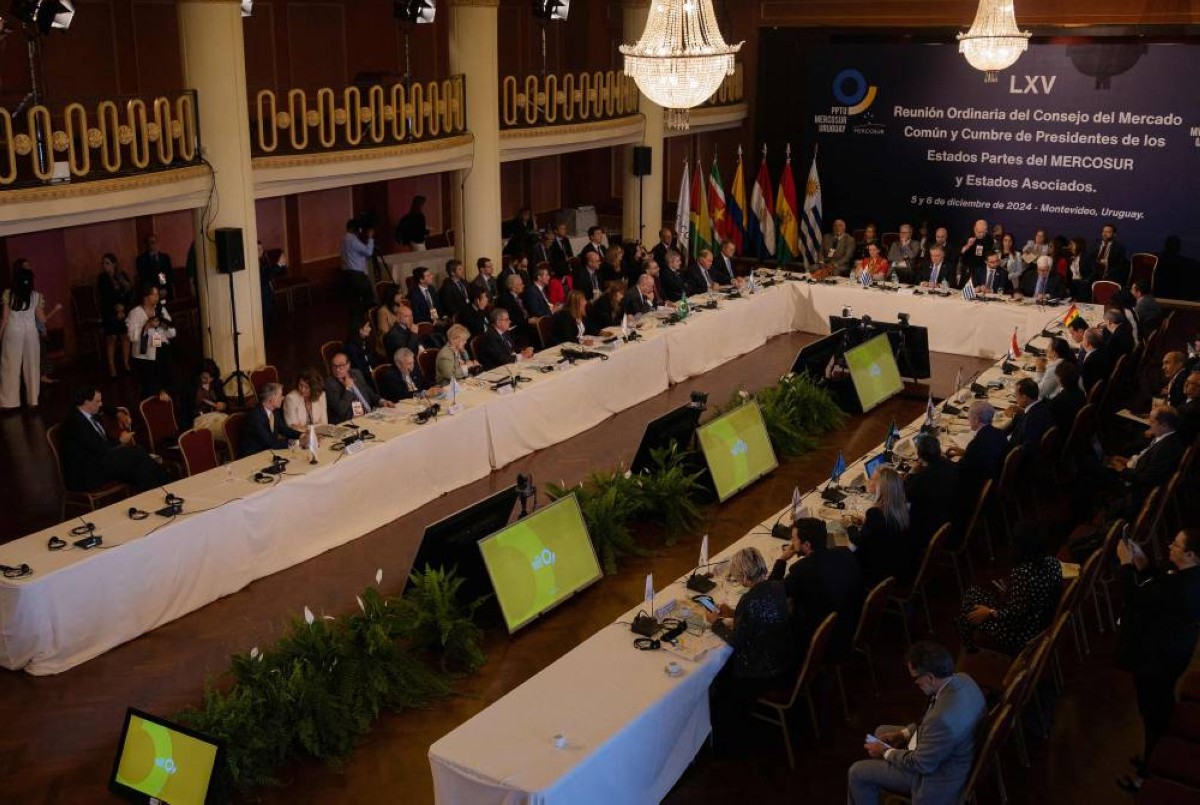Arab-DAC Dialogue in Kuwait to promote global solidarity for development financing
KUWAIT: The “2024 Arab-DAC Dialogue on Development” commenced on Monday in Kuwait.
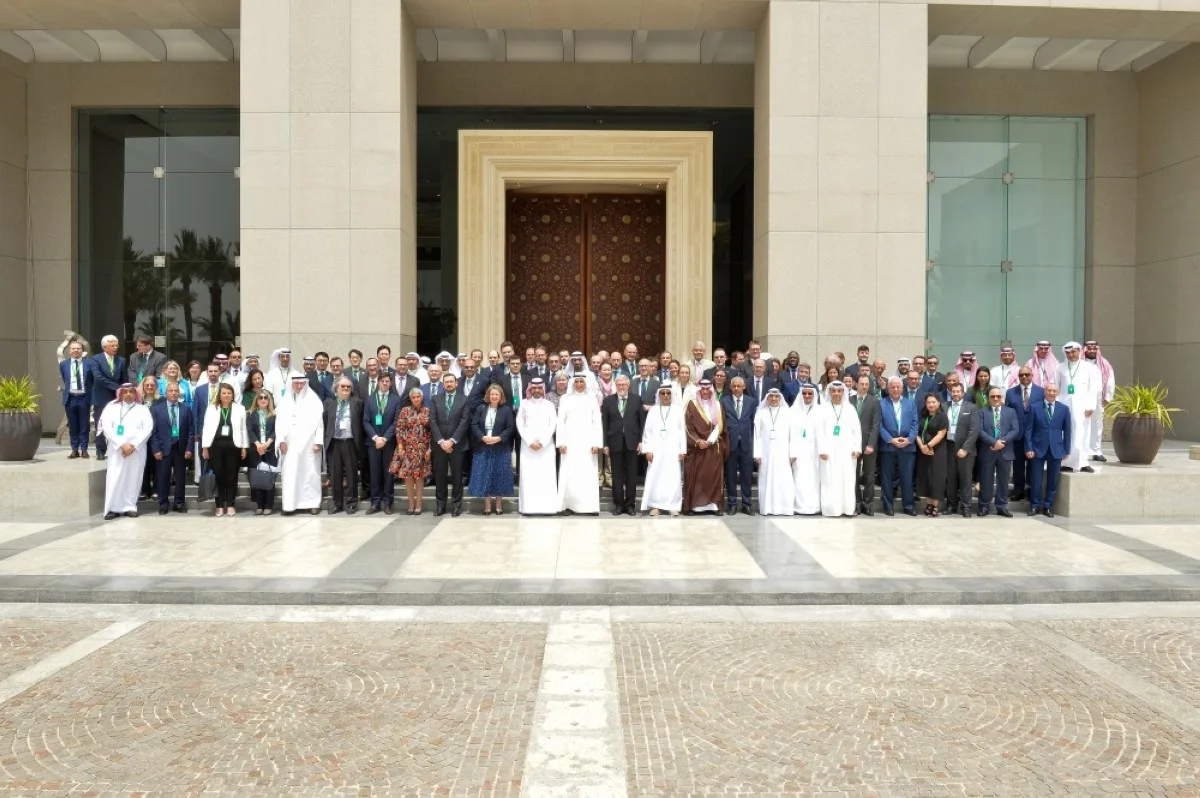
KUWAIT: Prominent international figures attending the two-day “Arab-DAC Dialogue 2024 on Development” pose for a group photo on Monday.
Organized by the Arab Fund for Economic and Social Development and featuring over 20 prominent international figures representing major international institutions such as the World Bank, the International Monetary Fund, OPEC, and the G20 Development Working Group, the dialogue is designed to promote global solidarity and multilateral cooperation by enhancing the scale and quality of development financing and achieving more effective collaborative outcomes. The conference is scheduled to run from May 6–7, 2024.
The conference features notable participation from the Arab Coordination Group institutions, which include four Gulf national development funds: the Kuwait Fund for Arab Economic Development, the Saudi Development Fund, the Abu Dhabi Development Fund, and the Qatar Development Fund. Additionally, six regional institutions are involved: the Arab Fund for Economic and Social Development, the Islamic Development Bank, the OPEC Fund for International Development (OFID), the Arab Bank for Economic Development in Africa, the Arab Gulf Programme for Development (AGFUND), and the Arab Monetary Fund.
The conference also sees participation from the European Union, the United States Agency for International Development (USAID), the International Finance Corporation, the United Nations Development Programme, the Swedish International Development Cooperation Agency (SIDA), the African Development Bank Group, the Middle East Council on Global Affairs, the Camoes Institute for Cooperation and Language, Earthna: Center for a Sustainable Future (a Qatar Foundation initiative for education, science, and community development), and the North American Aerospace Defense Command (NORAD).
In his opening remarks, Bader Al-Saad, Director General/Chairman of the Board of Directors, Arab Fund for Economic and Social Development (Head of Arab Coordination Group), said: “This meeting takes place at a time when the global financial landscape is changing dramatically because of protracted global crises, rapid technology innovation, and geopolitical developments. These shifts have significant consequences for international and regional financial institutions as they work to achieve their mandates for sustainable development.”
Al-Saad added: “The MENA region faces additional challenges because of escalating geopolitical instabilities, most notably in Gaza, Sudan, Syria, and Yemen. The slow progress in achieving SDGs in this region has caused substantial gaps in technology, climate resilience, water and food security, and institutional development. More importantly, the region faces a major obstacle to private sector-led growth, which has resulted in limited job creation.”
In his remarks Carsten Staur, Chair of the OECD Development Assistance Committee emphasized that: “DAC members greatly value the cooperation with our Arab partners, and this Dialogue is key to an open exchange of views and to learn from each other not least in areas of blended finance and development effectiveness.” Staur added: “This Dialogue is taking place at a time when development cooperation is put to the test with high pressures on concessional finance, and I look forward to the important discussions ahead of us in the next two days.”
This year’s dialogue is crucial as it precedes several major international conferences, such as the Future Summit, COP-29 Climate Summit, and the Financing for Development Conference (FFD-4). It provides a platform for aligning priorities and coordinating efforts. This is critically important amid a global atmosphere of uncertainty marked by ongoing crises, including the escalating impacts of climate change, biodiversity loss, economic volatility, financial imbalances, and increasing violence–all of which threaten progress toward achieving sustainable development goals, including the UN 2030 Agenda.
The focus of the “2024 Arab-DAC Dialogue on Development” is on broadening the scope and improving the quality of development finance and cooperation by addressing two main topics: financing sustainable development in a changing context, and collaborating for better results and partnerships. As influential actors in international development, Arab providers and DAC members aim to contribute to a renewed spirit of global solidarity and multilateralism. They aim to enhance the scale and quality of development financing and achieve better collaborative outcomes amid increasing demands and human and livelihood needs, thereby ensuring desired stability on both economic and social levels.
Since its establishment in 1975, the Arab Coordination Group has provided developmental aid, covering all economic and social sectors and contributing to debt issues resolution. Many countries across the world have benefited from this aid, with a cumulative total reaching approximately $286 billion by the end of 2023. This aid has supported 22 Arab countries, 44 African countries, 34 Asian countries, 30 Latin American countries, and 37 other countries, in addition to numerous regional institutions and organizations.
Since 2011, the Development Assistance Committee (DAC) has collaborated with the Arab providers, and the institutions of the Arab Coordination Group, which includes Gulf national development funds and regional organizations. This partnership focuses on discussing development issues and exchanging expertise to effectively implement the 2030 Agenda for Sustainable Development. Countries such as Kuwait, Qatar, Saudi Arabia, and the United Arab Emirates participate in DAC meetings and actively engage in its various activities. Recently, many institutions from the Arab Coordination Group, notably the Islamic Development Bank and the OPEC Fund for International Development, have increased their involvement in the DAC.




